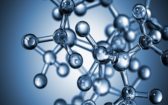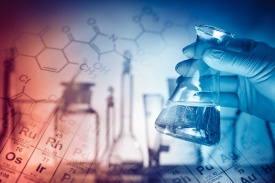Endogenous stem cells, residing within the body’s tissues, hold immense therapeutic potential for repairing damaged organs, incluindo o coração. In the context of cardiac injury, endogenous stem cells play a crucial role in mobilizing, homing to the injured myocardium, and contributing to tissue regeneration. Understanding their mechanisms of action and harnessing their therapeutic capacity offers promising avenues for treating heart failure and other cardiovascular diseases.
Endogenous Stem Cell Mobilization in Cardiac Injury
Cardiac injury, como infarto do miocárdio, triggers a cascade of events that initiates the mobilization of endogenous stem cells from their niches in the bone marrow, tecido adiposo, e outros órgãos. This mobilization is regulated by a complex interplay of chemokines, citocinas, and growth factors released from the injured myocardium.
Role of Endogenous Stem Cells in Myocardial Regeneration
Once mobilized, endogenous stem cells migrate to the injured myocardium, where they can differentiate into cardiomyocytes, células endoteliais, e células musculares lisas. These newly formed cells contribute to the regeneration of damaged tissue, melhorando a função cardíaca. No entanto, the extent of myocardial regeneration is often limited, suggesting that additional strategies are needed to enhance stem cell homing and differentiation.
Therapeutic Potential of Endogenous Stem Cells in Heart Failure
Insuficiência cardíaca, uma condição debilitante caracterizada pela incapacidade do coração de bombear o sangue de forma eficaz, é uma das principais causas de morbidade e mortalidade em todo o mundo. Endogenous stem cells have shown promising therapeutic potential in treating heart failure. Preclinical studies have demonstrated that terapia com células-tronco can improve cardiac function, reduzir o tamanho do infarto, and enhance angiogenesis.
Challenges and Future Directions in Endogenous Stem Cell Therapy
Despite the promising preclinical findings, translating endogenous terapia com células-tronco into clinical practice faces several challenges. These include optimizing stem cell mobilization, homing, e diferenciação, as well as addressing potential safety concerns. Future research should focus on developing strategies to overcome these challenges and enhance the therapeutic efficacy of endogenous stem cells.
Endogenous stem cells represent a powerful tool for cardiac repair. By understanding their mobilization, homing, and regenerative capabilities, we can harness their therapeutic potential to treat heart failure and other cardiovascular diseases. Further research and clinical trials are needed to refine terapia com células-tronco approaches and maximize their clinical impact.




